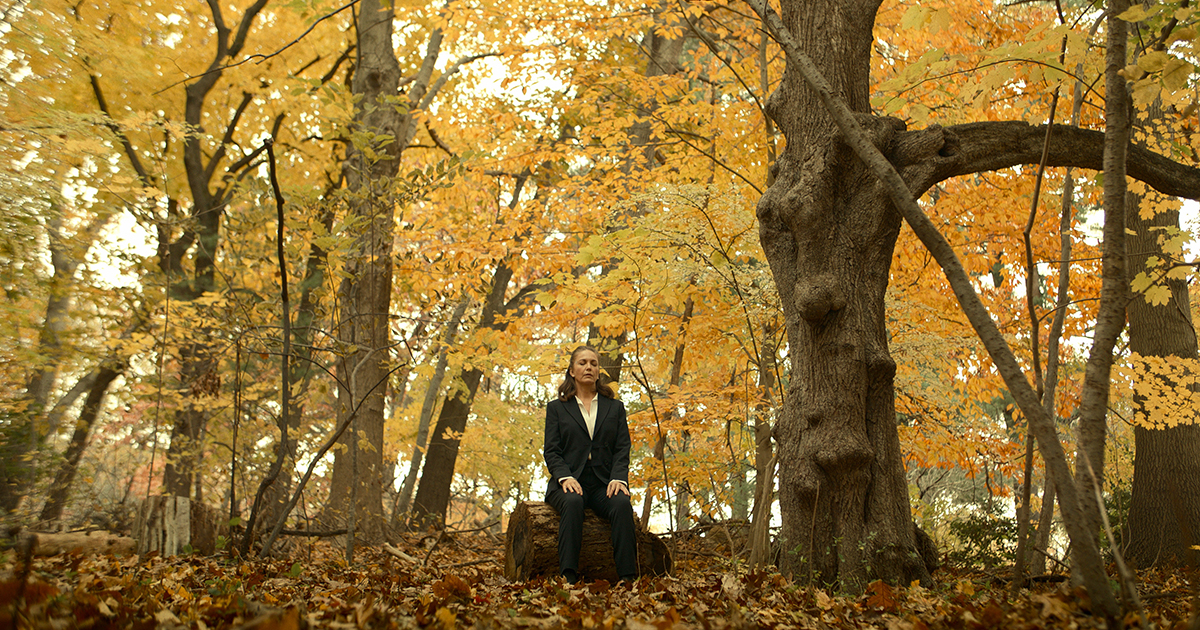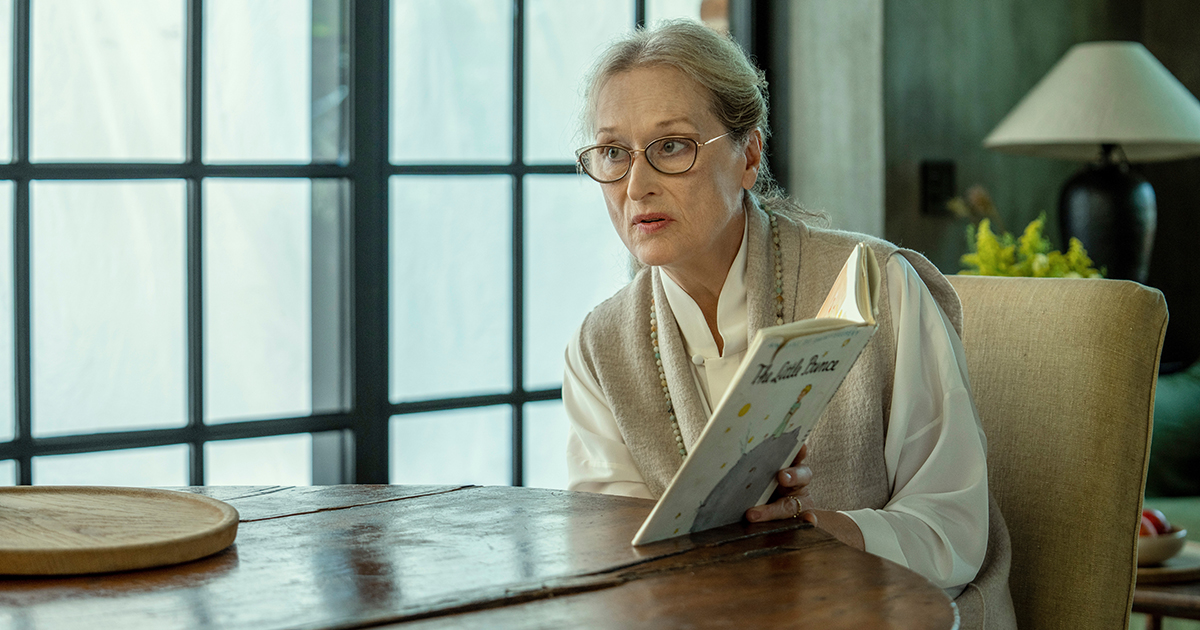TL;DR
- Dr. Leah Stokes, co-host of the environmentally-themed podcast “A Matter of Degrees,” says Hollywood should work in more storylines about what it will actually take to effect change.
- Making a change, such as switching to an electric vehicle, shouldn’t be depicted as a sacrifice, she says.
- The critical acclaim and all-star cast for Apple TV+ series “Extrapolations” demonstrates an appetite for more climate-themed content.
READ MORE: A Matter of Degrees’ Co-Host: Hollywood Needs More Climate Stories (The Hollywood Reporter)
Disaster movies like 2012, Greenland and Don’t Look Up aside, Hollywood has barely touched on the existential crisis that has been facing the planet for decades.
Perhaps climate change stories don’t sell, although the acclaim greeting Extrapolations suggests otherwise.
The Apple TV+ series includes children struggling with a lethal condition called “summer heart,” wildfire smoke semi-permanently blotting out the sun, and people wading into churches to worship, and, according to Sammy Roth at the Los Angeles Times, has shown that “a haunting, rage-inducing, totally necessary series about the climate dangers on the horizon” is exactly what we need.
The subject matter attracted an all-star cast, too, including Marion Cotillard, David Schwimmer, Edward Norton, Meryl Streep and Forest Whitaker.
READ MORE: ‘Extrapolations’ is the climate change TV show we desperately need (Los Angeles Times)
“We need more climate stories. We need more diverse climate stories. And there’s tons of climate people who are willing to work with folks in Hollywood to get the stories right,” says climate policy expert and advocate Leah Stokes.
Stokes publishes the environmentally themed podcast, A Matter of Degrees, with Katharine Wilkinson, and was interviewed by J. Clara Chan at The Hollywood Reporter.
“The vast majority of Americans think that climate change is real — it’s happening now,” Stokes says. “Deniers are maybe 10% of the population. Our show is really for folks who want to go deeper on the climate issue and are concerned about it, which is the vast majority of American people, and we want to get into the details in an accessible way that people can understand.”
Communicating about practical changes we can all make shouldn’t be talked about as a “sacrifice,” she argues.
“So much of the branding, from those who don’t want us to transition off of fossil fuels, has been painting what we’re doing as being sacrifice. I have an EV, I have solar on my roof, I have two heat pumps — one for my water, one for heating and cooling my home. I have all these things and guess what? I can still take a hot shower; I can still drive around. I can still do all the things that I could do with fossil fuels,” she says.
“That’s when we’re going to win, when people really understand that, actually, it’s just better to not poison myself while I cook myself lunch by combusting gas in my house. And it’s just better to drive an EV because it’s cheaper and I don’t have to worry about high [gas prices].”
In terms of production, Hollywood can do more, too, for example by electrifying sets away from diesel generation. Federal government tax incentives can be tapped, for instance, to gain 30% of the cost back for solar and batteries.




